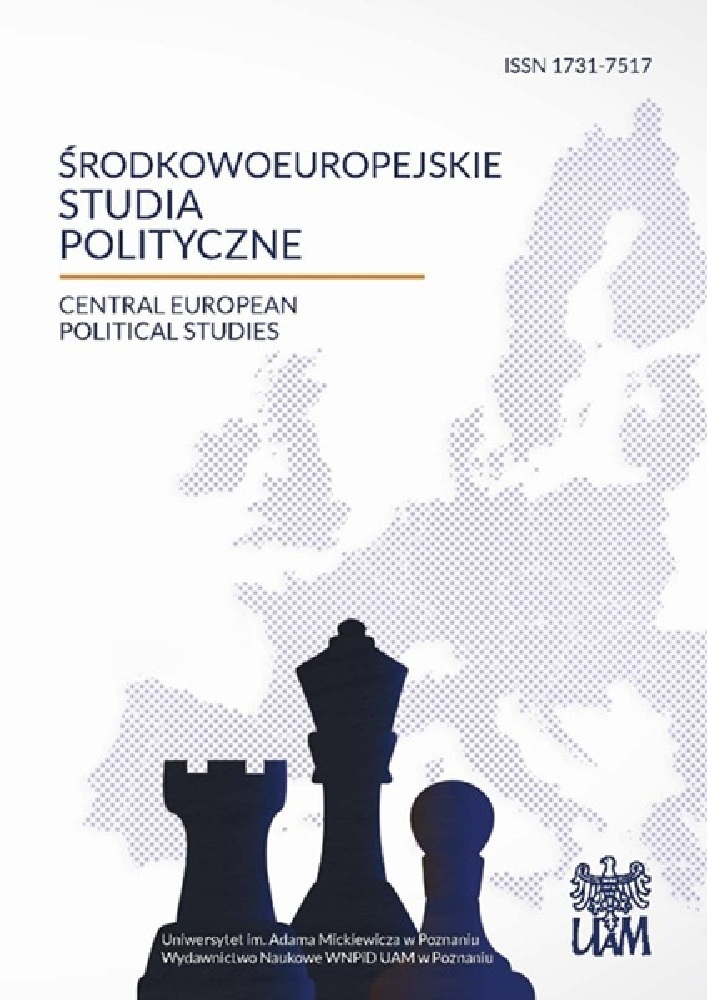Abstract
Formal theories of international relations in the 20th century dominated in the studies of world policy. The collapse of the European continental empires, ideological separation of the world, two world wars, competition of authoritarianism and liberalism, crisis and fall of the socialist regimes all contributed to the revision of theoretical approaches in international relations studies. The collapse of the Soviet Union strengthened the illusion of the end of history and the triumph of universal values of liberalism, human rights and freedoms. The nationalistic, religious and ethnic conflicts of the 1990s and 2010s destroyed the hopes and optimism of liberals. The methodological and theoretical transformations of the humanities in the second half of the 20th century led to the erosion of traditional forms of knowledge about world policy, and the categories of ‘discourse,’ ‘imagination’ and ‘invention’ became universal for their analysis. The author analyses current international processes in the context of political imagination. The current statuses of the US and Russia are analysed as prescribed and imagined. World politics is imagined in terms of discourse. The dominance of Western centrism in the political, formal languages of the contemporary superpowers promotes the emergence of new actors which were earlier ignored. The process of the imagination and invention of the modern world is incomplete, and the numbers of the world’s leading actors are still unstable.References
Blake A. (2014), Obama says Russia is just a ‘regional power’. The American people disagree, “Washington Post”, March 25, http://www.washingtonpost.com/blogs/the-fix/wp/2014/03/25/obama-says-russia-is-just-a-regional-power-the-american-people-disagree/.
Creutzfeldt B. (2013a), Pinar Bilgin Non-Western IR, Hybridity, and the One-Toothed Monster called Civilization, “Theory Talks”, no. 61, http://www.theorytalks.org/2013/12/theory-talk-61.html.
Creutzfeldt B. (2013b), Siba Grovogui on IR as Theology, Reading Kant Badly, and the Incapacity of Western Political Theory to Travel very far in Non-Western Contexts’, “Theory Talks”, no. 57, http://www.theory-talks.org/2013/08/theory-talk-57.html.
Creutzfeldt B. (2014), Siddharth Mallavarapu on International Asymmetries, Ethnocentrism, and a View on IR from India, “Theory Talks”, no. 63, http://www.theorytalks.org/2014/02/theory-talk-63.html.
Dickey Ch., Detmer J. (2014), Obama’s Nuclear Summit Aimed to Stop Terrorists. Now Putin’s the Issues, «The Daily Beast», March 25, http://www.thedailybeast.com/articles/2014/03/25/obama-s-nuclear-summit-aimed-to-stop-terrorists-now-putin-s-the-issue.html.
Etzioni A. (2013), The Devolution of American Power, “The Fletcher Forum of World Affairs”, vol. 37, no. 1, p. 13–34.
Flemes D. (2007), Conceptualising Regional Power in International Relations: Lessons from the South African Case, “Working Papers German Institute for Global and Area Studies”, no. 53.
Kappel R. (2010), On the Economics of Regional Powers: Comparing China, India, Brazil, and South Africa, “Working Papers German Institute for Global and Area Studies”, no. 145.
McDonald-Gibson Ch. (2014), Ukraine crisis: Russia is a regional power – but US is most powerful nation in the world, Obama warns Putin, “The Independent”, March 26, http://www.independent.co.uk/news/world/europe/russia-cannot-hope-to-match-global-might-of-america-says-barack-obama-in-warning-to-vladimir-putin-9215305.html.
Schouten P. (2008), Peter Katzenstein on anti-Americanism, Analytical Eclecticism and Regional Powers’, “Theory Talks”, no. 15, http://www.theorytalks.org/2008/08/theory-talk-15.html.
Schouten P. (2008b), Immanuel Wallerstein on World-Systems, the Imminent End of Capitalism and Unifying Social Science, “Theory Talks”, no. 13, http://www.theorytalks.org/2008/08/theory-talk-13.html.
Schouten P. (2012), Jean Francois Bayart on Globalization, Subjectification, and the Historicity of State Formation, “Theory Talk”, no. 47, http://www.theorytalks.org/2012/02/theory-talk-47.html.
License
Copyright
© 2014, Uniwersytet im. Adama Mickiewicza w Poznaniu, Wydawnictwo Naukowe Instytutu Nauk Politycznych i Dziennikarstwa
OPEN ACCESS
